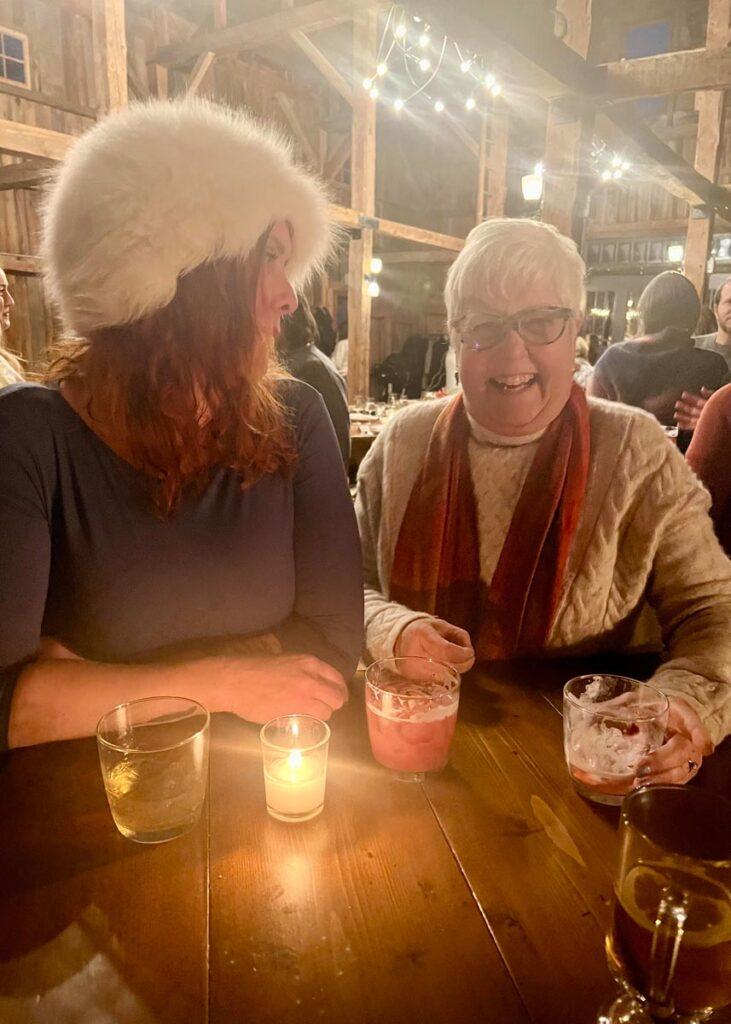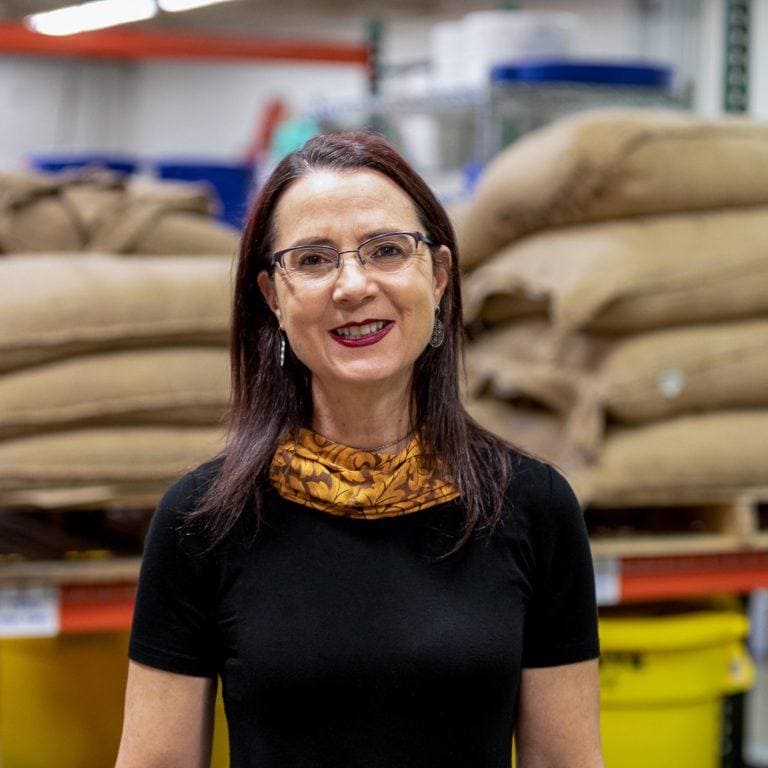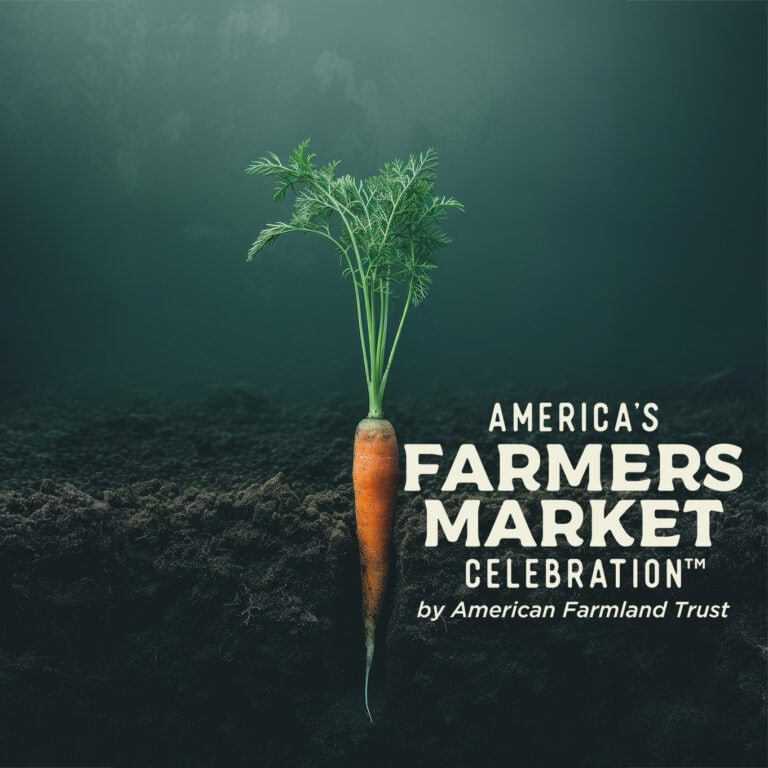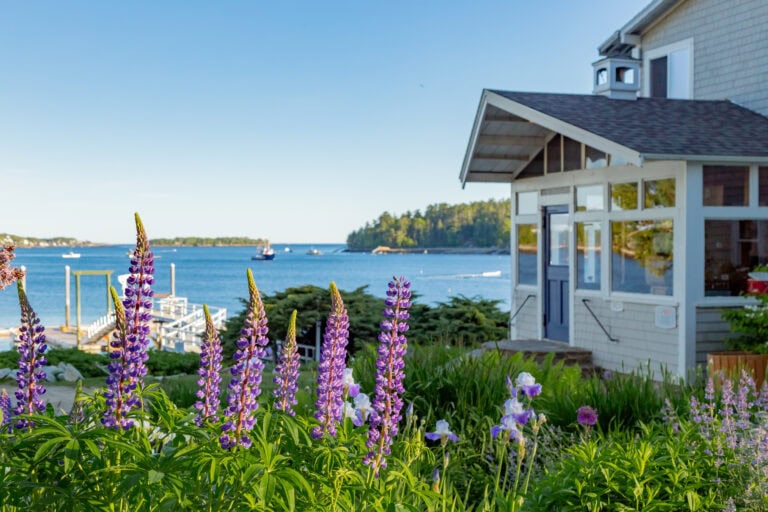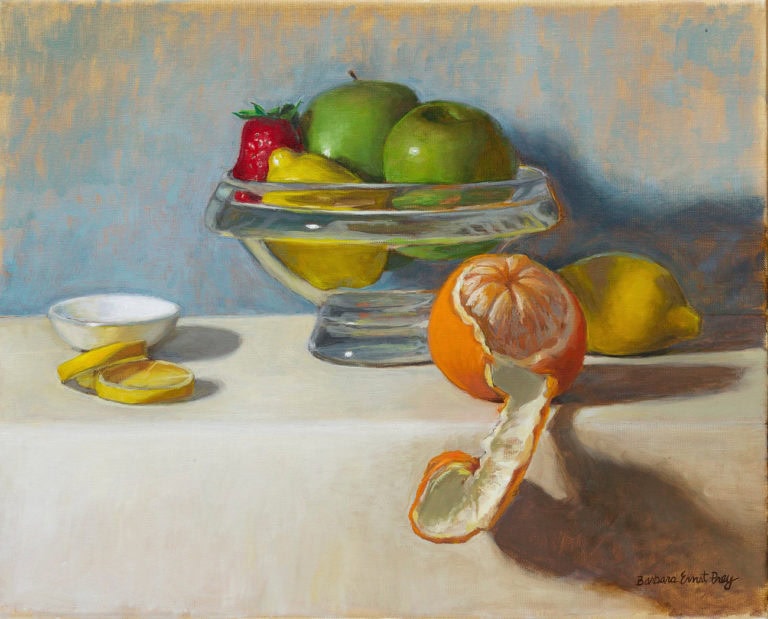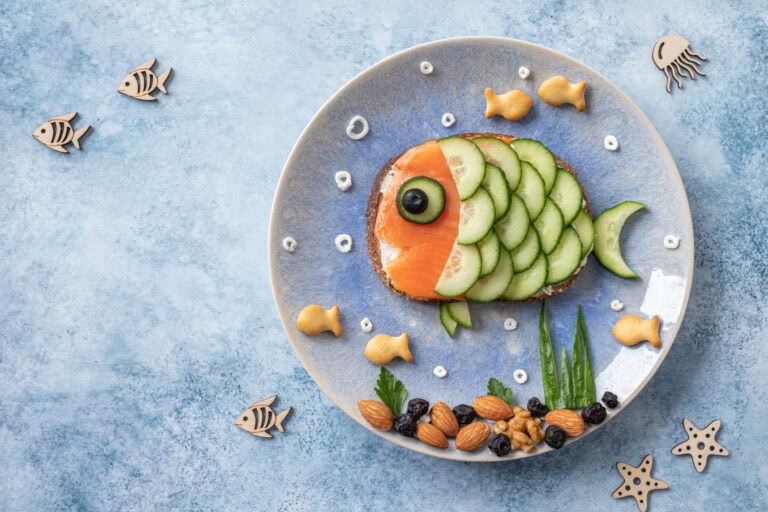“There’s a beauty in getting to know other humans outside of our little bubbles,” says Jen Pollert of Nashville. “My husband and I don’t get a lot of date nights, so when we visit my parents in Maine, we find a few hours to do something cool and local while they watch the kids.”
As a Johns River oyster with cranberry jam, fresh horseradish, dill, and Pop Rocks was placed in front of her, Pollert was feeling extra happy that she had come across the Black Goat Supperclub in Warren. Pop Rocks on oysters may sound weird, but the crackling noise coming from the plates was an immediate icebreaker for the 12 strangers seated around the communal table, who giggled in unison at the surprise ingredient.
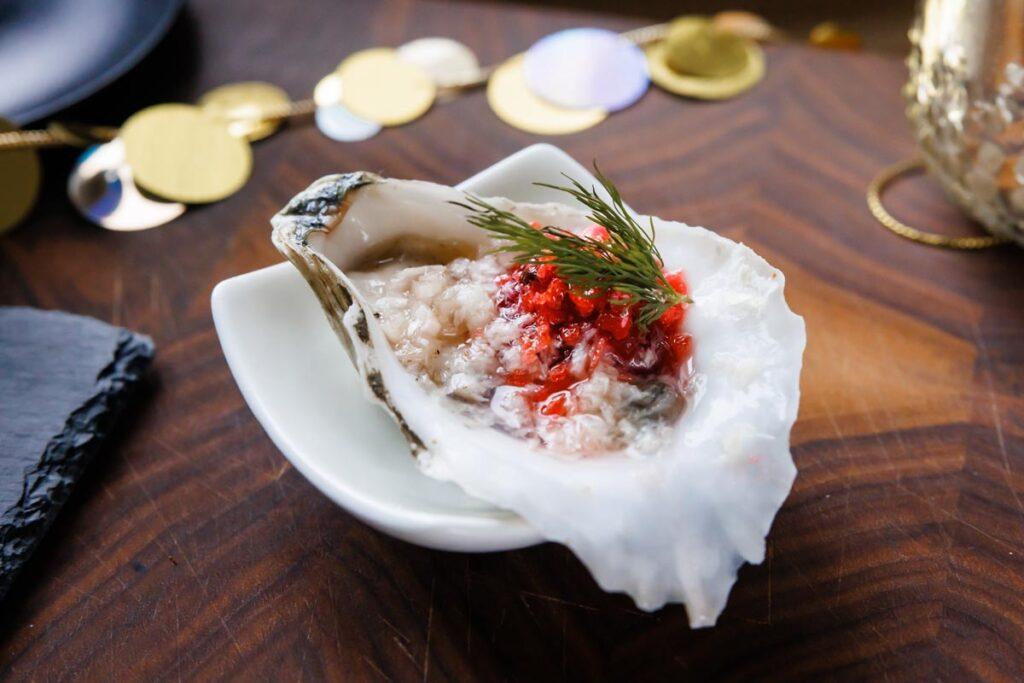
Talking about food is the great equalizer, even for introverts. “It’s a low-pressure way to connect; food is easy to talk about … ‘Have you tried this yet? What is this ingredient, again?’” says Steve Liaotaud from Portsmouth. “It’s better than talking about the weather, which is a Mainer’s favorite topic of conversation.”
Droves of people moved to Maine during the pandemic and mostly share this base assessment: It is really hard for people from away to break in and make friends.
But thanks to the rise of intimate supper clubs, there is a successful social side effect.
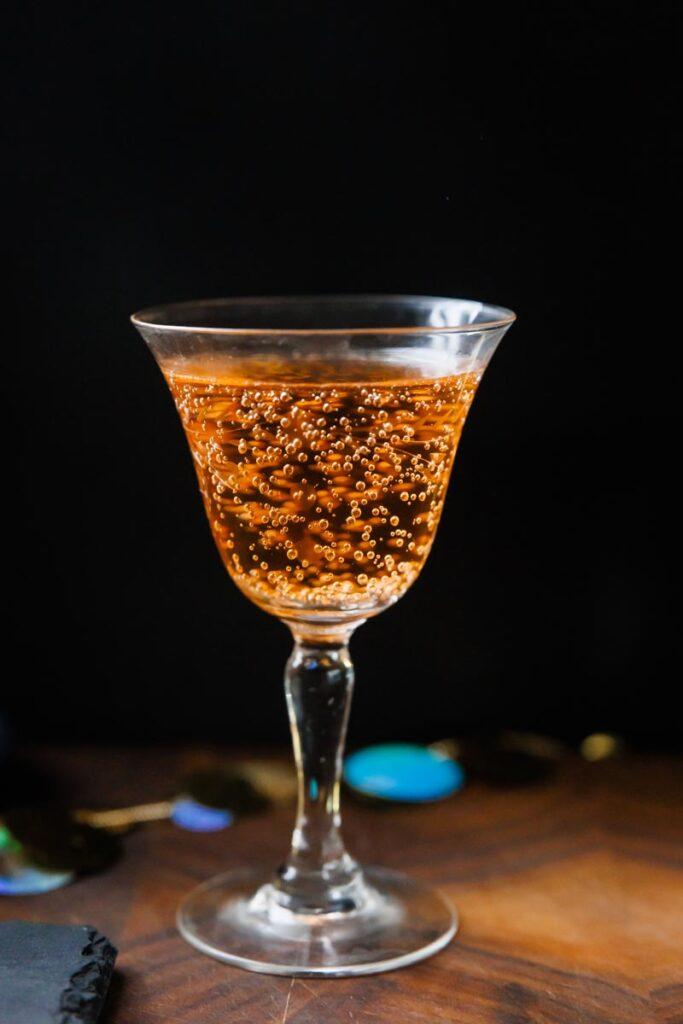
Laurel Chiten, founder of Friends with Forks, says of her membership-based supper club, “It is hard to make friends over 40. When you join our club, food is almost the third important aspect—we value friendship and community building so much. Although the food is always great, but we see our members prioritizing meeting new people.”
One of Friends with Forks’ members, Andre Petrovsky, agrees. A retiree, he moved from Massachusetts in 2020. “It is a lovely way to make friends locally. I met a fellow single man and we became great friends after meeting at a dinner—we get together each Tuesday to walk. I didn’t know how hard it could be to make a friend as a man,” Petrovsky says.
Of course, the food remains a perfectly good reason to engage with supper clubs, and it isn’t just a draw for the diners. When chefs prepare cuisine for smaller events outside of their restaurant, they get to be more creative and make food outside of their traditional menus.
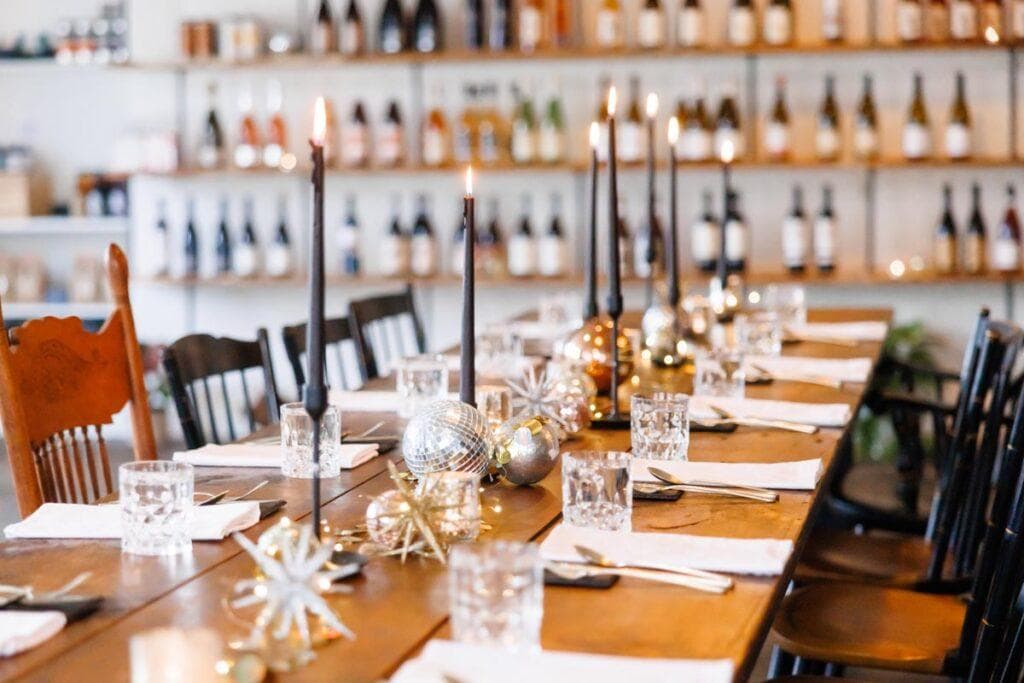
“Supper clubs are the best part of a restaurant: the playing and plating,” says chef Derek Ronspies, co-owner of Black Goat Supperclub with his wife Cat Biggar (and who put Pop Rocks on the oyster). “But we avoid staffing issues, food waste, and the shitshow of a busy Friday night.”
Essie Haimes, who runs Buxton’s Flanagan Farm Supper Club with her husband Mike, notes the uptick in people buying their dinners as gifts. “Our guests crave special and experiential. These suppers are a love letter to our locals who love winter,” says Haimes. “You come here and you earn your dinner. You have to walk through the woods and snow for cocktail hour.”
Deb Jackson from York was back at Flanagan Farm Supper Club for the second time. “I am here with my family; it was our Christmas present to each other. No more ‘things’—we are embracing experiences.”
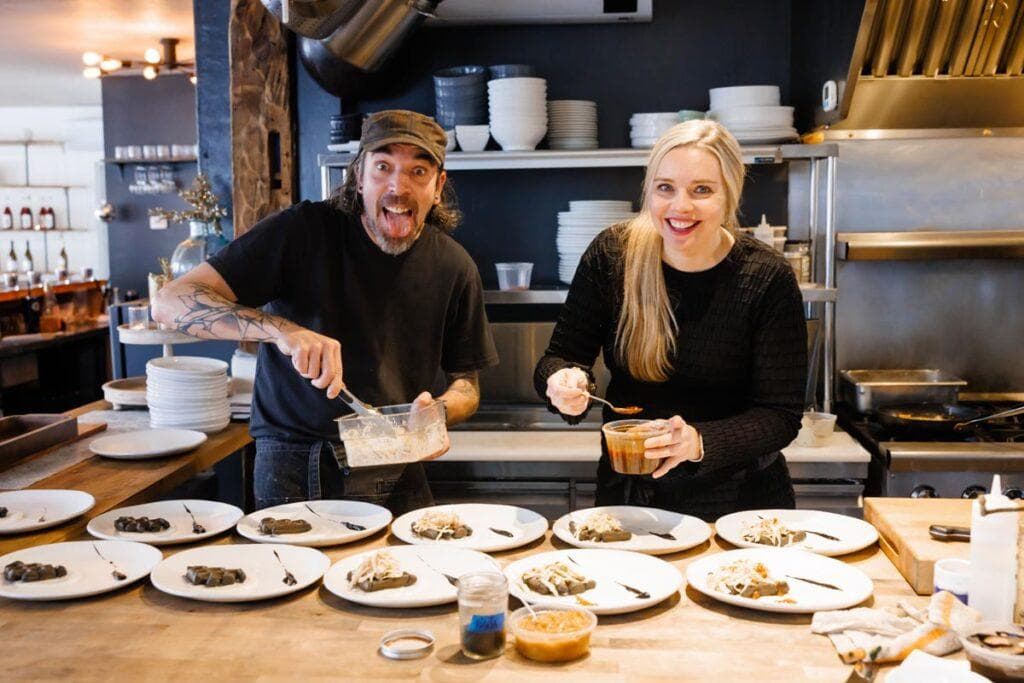
As Friends with Forks has grown from seven members in a shoebox New York City apartment to a thriving Maine community of over 80 members, Laurel wants to keep growing. As a gift to edible MAINE readers, Laurel is offering a special code for a free month of membership. Claim your free month by clicking HERE.
